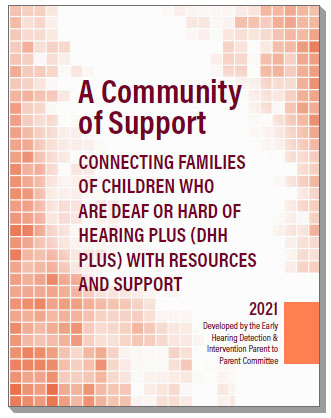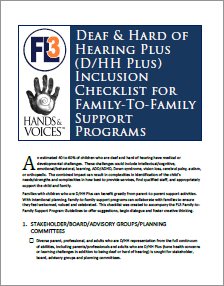Deaf/Hard of Hearing Plus
What is “Deaf/Hard of Hearing Plus”?
“D/HH Plus is meant to be a positive term, not in any way negative or insensitive to the child who has medical issues along with hearing loss. In fact, I see it as an “A+” or “B+,” meaning the child carries additional positive qualities. But it is a gift that needs to be carefully unwrapped. And it may not appear to be a gift when you first receive it. Time helps you appreciate, understand and unfold the possibilities. And the ‘Plus’ most often means the child and family have added responsibilities and requires additional expertise.”
– Candace Lindow-Davies, MN Parent
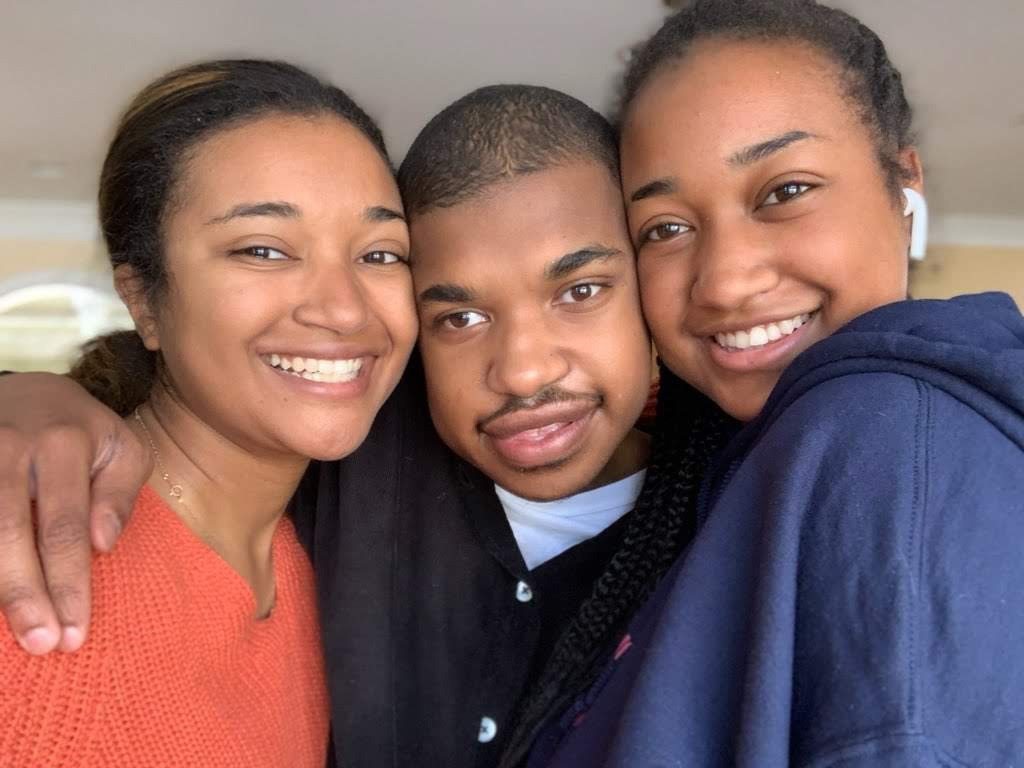
What does “Plus” represent?
- 40 to 60% of D/HH population is estimated to have health challenges
- Challenges may involve:
- Intellectual/cognitive processing
- Emotional, mental health and behavioral functioning
- Learning
- ADD/ADHD
- Down Syndrome
- Vision loss or blindness
- Cerebral palsy, orthopedic involvement or other physical challenges
- Autism
- Seizures
- Other
New Resource Guide for Families of Children who are D/HH Plus!
“Connecting Families of Children who are Deaf or Hard of Hearing Plus (DHH Plus) with Resources and Support” was developed by the Early Hearing Detection and Intervention Parent to Parent Committee, for families who have children who are DHH Plus, because we know that supporting our child’s ability to reach their individual potential is at the heart of the issue in the journey of raising a child who is DHH Plus. Knowing that approximately 35-40% (Gallaudet Research Institute, 2011) of children who are DHH also have additional/other needs, the combined effect of hearing loss with additional needs presents a unique and complex challenge to professionals and parents.
The purpose of this guide is to ensure that:
- Your family knows how, where, and why to access expertise, resources and information for your child who is DHH Plus.
- To share information about the benefits and availability of connections to other families and adults who are DHH Plus, so you know you are not alone.
- To assert your right to have high expectations for your child.
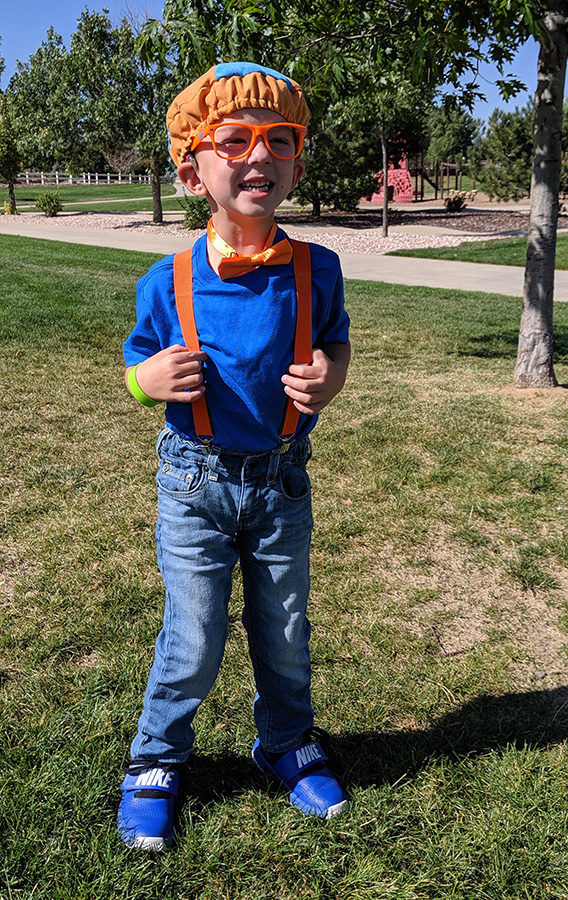
Why is D/HH Plus Different than D/HH alone?
The combined impact of a child being deaf or hard of hearing and having additional challenges can result in complexities in identification of the child’s needs/strengths and complexities in how best to provide services, find qualified providers, and appropriately support the child and family. Without careful attention, being D/HH Plus may contribute to a sense of social isolation for the child and family.
How Can D/HH Plus Families Find Support?
Families with children who are D/HH Plus can benefit greatly from intentional parent-to-parent support and authentic inclusion in activities, Plus-specific education/resources/advocacy, and connections to other families living similar experiences. Exploring the following information can be a good start:
Community:
Hands & Voices D/HH Plus Parent Facebook Group:
https://www.facebook.com/groups/128045184511680/
Articles:
NCHAM eBook: Chapter 6: “Children Who Are Deaf or Hard of Hearing PLUS”:
http://infanthearing.org/ehdi-ebook/2019_ebook/6%20Chapter6ChildrenPLUS2019.pdf
Hands & Voices articles under “Topics/Family Perspectives/DHH Plus”:
http://handsandvoices.org/articles/
articles_index.html#fam_perspectives
Educational Advocacy:
Hands & Voices ASTra Guidebook, pages 82 to 85:
https://handsandvoices.org/resources/products.htm#astra
Educational Plan Checklist for D/HH Plus Students:
http://handsandvoices.org/astra/docs/19-Educational%20Plan%20Checklist%20for%20DHH-Plus%20Students.pdf
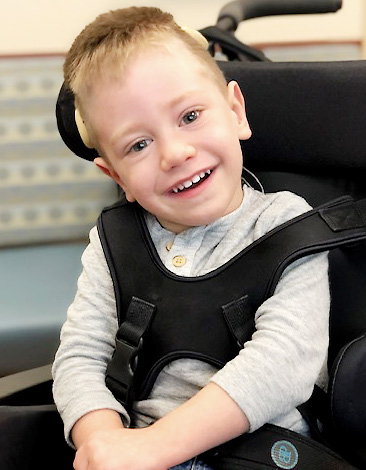 Presentations:
Presentations:
Hands & Voices Leadership Conference (H&V Chapter/Program Leaders only via Hands & Voices Chapter Log-In Section of HQ website):
- 2009 “Knitting on a Dozen Different Needles: The Joys/Challenges of Raising a Child who is D/HH Plus”
- 2012 “I Push When I Want To Say Hello: The Social/Emotional Needs of the Child who is ‘Deaf/Hard of Hearing Plus’”
- 2015 “Tale of Two Perspectives”
- 2018 “The Space Between Us”
- 2019 “Lost in Translation: Meeting the Communication Needs of Deaf and Hard of Hearing Children with Multiple Disabilities”
Resources:
DHH Plus Inclusion Checklist [ Download PDF ]
This document is a supplement to the recommendations in the year 2007 position statement of the Joint Committee on Infant Hearing (JCIH)1 and provides comprehensive guidelines for early hearing detection and intervention (EHDI) programs on establishing strong early intervention (EI) systems with appropriate expertise to meet the needs of children who are deaf or hard of hearing (D/HH).
This document is copyrighted and is property of the American Academy of Pediatrics and its Board of Directors.
Recommendations:
Supplement to the JCIH 2007 Position Statement: Principles and Guidelines for Early Intervention After Confirmation That a Child Is Deaf or Hard of Hearing - Goal 4: All Children Who Are D/HH With Additional Disabilities and Their Families Have Access to Specialists Who Have the Professional Qualifications and Specialized Knowledge and Skills to Support and Promote Optimal Developmental Outcomes :
http://www.jcih.org/JCIH-2007-Position-Statement-Supplement.pdf
 Home
Home